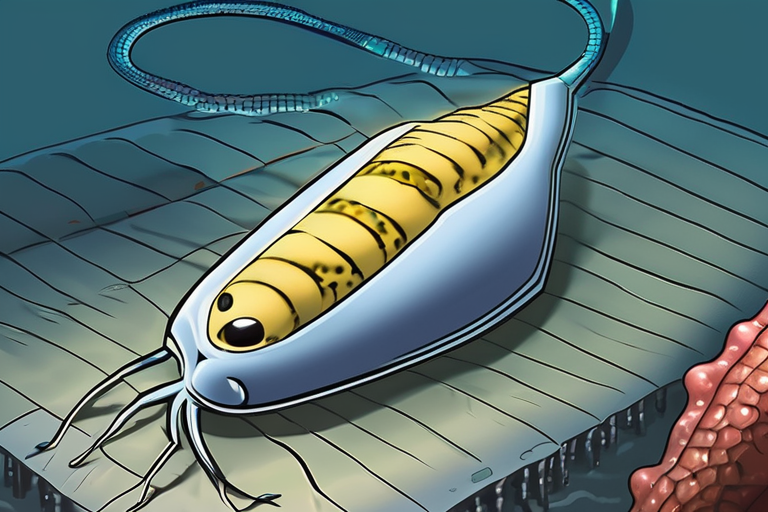Biologist Uncovers the Hidden Horror of the World's Deadliest Sea Creature: 24 Eyes and a Killer Stinger


Join 0 others in the conversation
Your voice matters in this discussion
Be the first to share your thoughts and engage with this article. Your perspective matters!
Discover articles from our community

 Hoppi
Hoppi

 Hoppi
Hoppi

 Hoppi
Hoppi

 Hoppi
Hoppi

 Hoppi
Hoppi

 Hoppi
Hoppi

Breaking News: Julia Michaels Releases Empowering New Single "No Heartbreaks Killed Me Yet" Julia Michaels has dropped a new music …

Hoppi

Fleetwood Mac Not Performing at J.K. Rowling's Birthday Party, Despite Reports Contrary to reports circulating over the weekend, Fleetwood Mac …

Hoppi

Microsoft's Fix for PC Shader Compilation Stutter Could Take Years to Fully Implement Microsoft has introduced Advanced Shader Delivery, a …

Hoppi

Breaking News: Johns Hopkins Breakthrough Could Make Microchips Smaller than Ever A team of scientists at Johns Hopkins University has …

Hoppi

Cisco Systems' CIO Rethinks Work in AI-Powered World Fletcher Previn, senior vice president and chief information officer at Cisco Systems, …

Hoppi

The Culture Warrior: How Andrew Bailey's Missouri AG Role Paved the Way for His Rise to FBI Co-Deputy Director In …

Hoppi